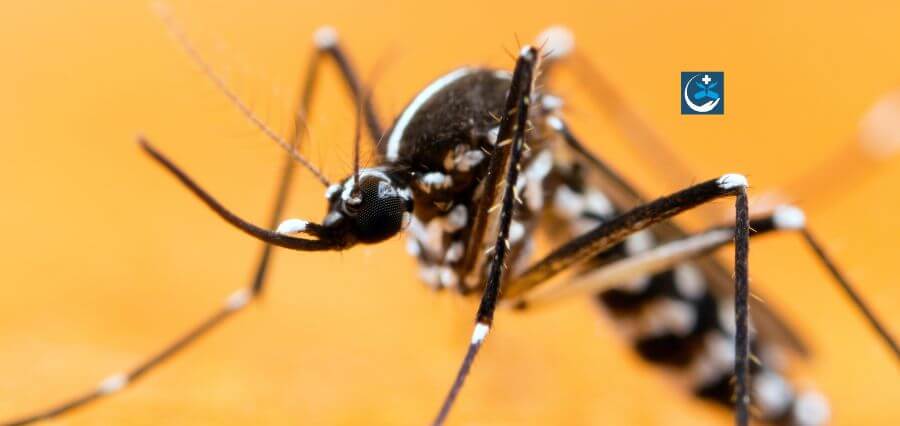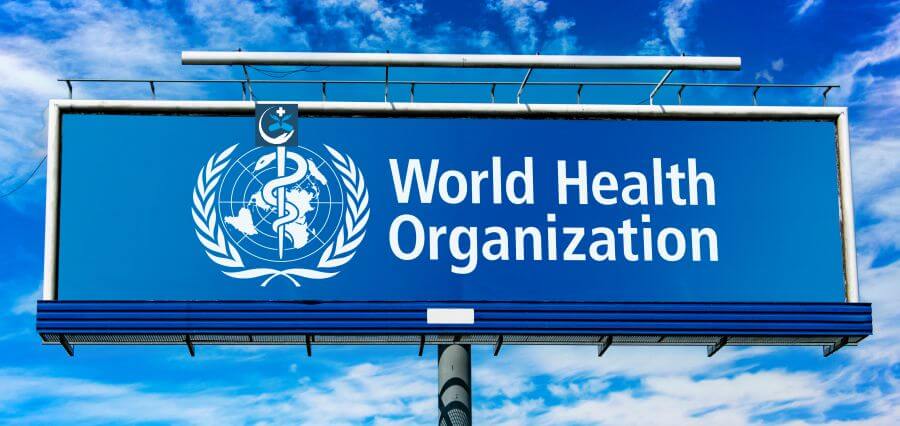An invasive type of mosquito has been discovered in 13 EU nations, including France, Spain, and Greece, with researchers tying the discovery to an increase in dengue illness in Europe. According to the European Centre for Disease Prevention and Control (ECDC), climate change is facilitating the spread of the tiger mosquito. Authorities have monitored and trapped the fly as far north as Paris, where the Olympic Games will be held at the end of July.
The ECDC has cautioned that foreign travel will raise the danger of future European outbreaks.It has recommended residents to remove standing water from gardens or balconies where mosquitoes might thrive, and to apply repellant and mosquito netting at night. Mosquitoes have become an increasing menace throughout Europe during the last two decades.
The Asian tiger mosquito (Aedes albopictus), the world’s most invasive mosquito species, is spreading across Europe from its southern European ‘base camp’. The ECDC reports that it has spread to Austria, Bulgaria, Croatia, France, Germany, Greece, Hungary, Italy, Malta, Portugal, Romania, Slovenia, and Spain. It has also been reported in Belgium, Cyprus, Czechia, the Netherlands, and Slovakia.
Tiger mosquitoes can transmit diseases like dengue fever, chikungunya, and Zika virus, which were formerly limited to Africa, Asia, and the Americas. Aedes aegypti, a mosquito that spreads yellow fever and other diseases, has settled in Cyprus. Given its penchant for biting humans and ability to transmit disease, experts warn its spread to other parts of Europe is “concerning”. Dengue fever begins with flu-like symptoms but can progress to serious and, in some cases, deadly disease.
Mass outbreaks have increased in recent years. Last year, eight cases of multiple infections were reported in France, four in Italy, and two in Spain.
The majority of European cases are imported, reflecting the international mobility of people and trade; imported cases increased to about 5,000 last year. However, locally acquired infections are also increasing: 130 persons were infected in 2023, up from 71 the previous year. West Nile virus, which is also transmitted by mosquitos, has spread to more European locations than ever before.
Read More: Click Here







